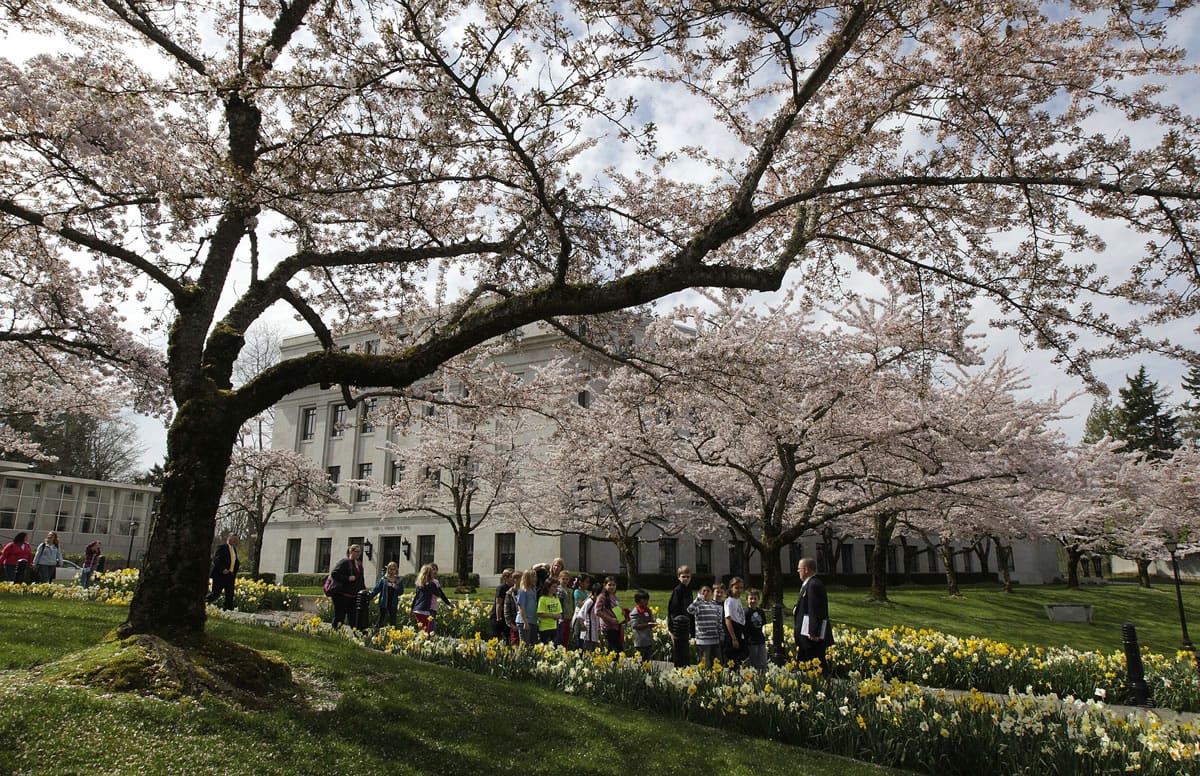Some Southwest Washington lawmakers are bracing for double overtime.
“I think everybody has their heels dug in,” said Rep. Paul Harris, R-Vancouver.
The sticking point at the heart of the budget impasse appears to be the same as several months ago: whether raising taxes is necessary and, if so, to what degree.
“The other side still wants to raise taxes; we feel like we don’t need to do that,” Harris said.
Lawmakers are in the midst of a 30-day special legislative session scheduled to end on May 28. Now, many believe another extra session will be needed to strike a deal on a two-year operating budget. Democrats have called for raising taxes to meet the state Supreme Court’s mandate to fully fund education, while Republicans believe there is sufficient revenue to satisfy the state’s needs.
On Monday, lawmakers received a positive report from the state’s Economic and Revenue Forecast Council showing an increase of more than $320 million for the 2015-17 budget, following another $79 million for the current two-year budget cycle. The state’s overall revenue is a forecast at $37 billion for the 2015-17 biennium.
The positive report is “helpful,” said Sen. Annette Cleveland, D-Vancouver, “but it doesn’t change what I believe are pretty drastic differences between the House budget that passed and the Senate budget that passed.”
Plus, Cleveland added, the two chambers have yet to agree on a transportation package or capital budget.
Rep. Ross Hunter, House Democrats’ key budget writer, is concerned the revenue forecast focusing on marijuana revenues is based on too many unknowns and could be overly optimistic. Hunter pointed out that Colorado recently lowered its projected revenue from cannabis.
Sen. Ann Rivers, R-La Center, struck an optimistic tone, adding she hopes the forecast breaks the logjam.
“I’ve seen miraculous things over the years, so I’m not going to say no,” Rivers said about whether the task will be finished on time. “I’m not going to say we can’t get it done. … The moment you think you have it figured out (in Olympia), you’re wrong.”
But Rep. Jim Moeller, D-Vancouver, who is on House Democrat’s leadership team, was blunt: “There’s virtually no chance (of adjourning) before the end of the next week. … We’ve essentially passed the deadline where the physical paperwork would have enough time to pass between both (chambers).”
In Washington, special sessions, although technically meant to be “extraordinary,” are more just, well, ordinary.
Since 2000, lawmakers have held 18 special sessions; some years, there was more than one. Some lasted only a couple of days.
Depending on how many days the special session lasts, how many lawmakers are called back to the Capitol and how many choose to accept their per diem, or daily stipend, the costs vary. No figures are available for this year yet.
In 2012, the special sessions totaled $141,631 for the House alone.




